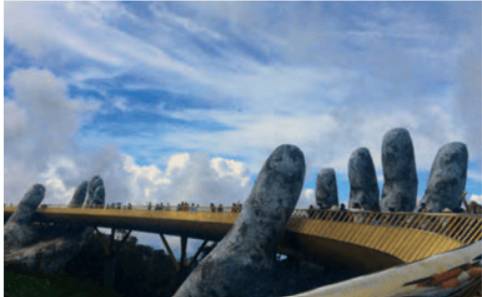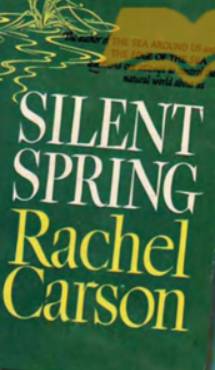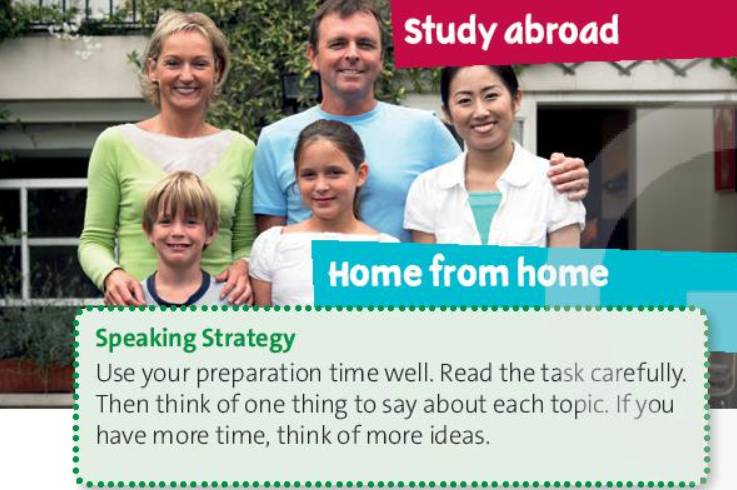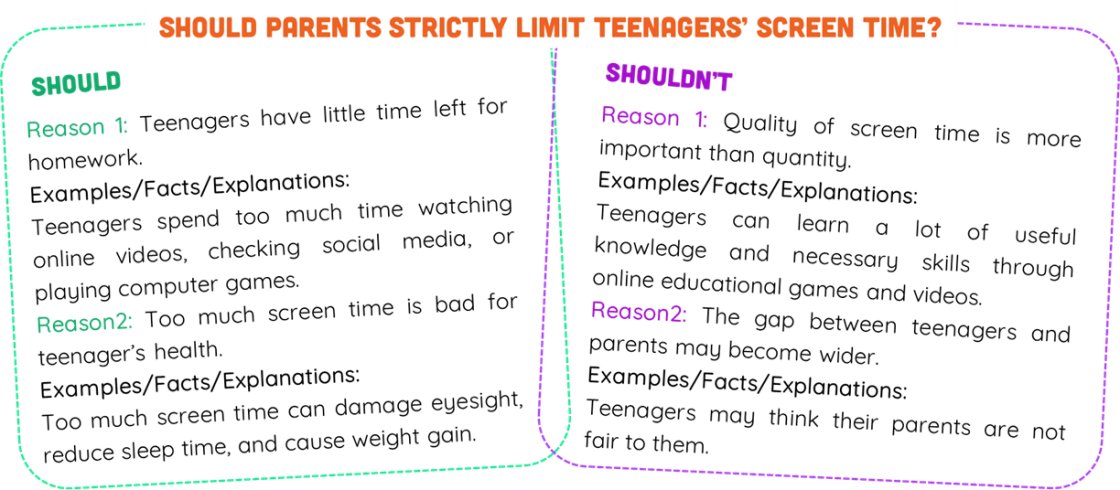Hãy nhập câu hỏi của bạn vào đây, nếu là tài khoản VIP, bạn sẽ được ưu tiên trả lời.

Come see this unique and modern house built on a cliff overlooking the ocean. The house has a spacious interior with stunning glass and metal design that perfectly complements the natural rock formation. And the view is extremely spectacular, with unobstructed views of the endless ocean. You won't find another house quite like this one, so come and see it for yourself.
Tạm dịch:
Hãy đến xem ngôi nhà độc đáo và hiện đại này được xây dựng trên một vách đá nhìn ra biển. Ngôi nhà có nội thất rộng rãi với thiết kế bằng kính và kim loại tuyệt đẹp bổ sung hoàn hảo cho sự hình thành đá tự nhiên. Và góc nhìn thì rất ngoạn mục, với tầm nhìn không bị cản trở ra đại dương vô tận. Bạn sẽ không tìm thấy một ngôi nhà nào khác giống như ngôi nhà này, vì vậy hãy đến và tự mình xem nó.

It's possible that the green color on the cover represents nature or the environment, which is a central theme of the book. I can also see a river on the left of the book. I guess this book is about protecting the environment

Bài tham khảo
A: Who is the high flyer you admire?
B: I admire Elon Musk.
A: How did you get to know about him?
B: I first heard about him through his company Tesla and then I researched more about him.
A: What is the reason why you like him?
B: I like him because he is a visionary and always thinks outside the box. He is not afraid to take risks and tries to make a positive impact on the world.
A: What do you think decides his success?
B: I think his ability to innovate and his willingness to take risks are the main factors that have led to his success. He is not afraid of failure and is always looking for ways to improve and innovate.
Tạm dịch
A: Ai là người bay cao mà bạn ngưỡng mộ?
B: Tôi ngưỡng mộ Elon Musk.
A: Bạn biết về anh ấy như thế nào?
B: Lần đầu tiên tôi nghe nói về anh ấy thông qua công ty Tesla của anh ấy và sau đó tôi đã nghiên cứu thêm về anh ấy.
A: Lý do tại sao bạn thích anh ấy là gì?
B: Tôi thích anh ấy vì anh ấy là người có tầm nhìn xa trông rộng và luôn suy nghĩ vượt trội. Anh ấy không ngại mạo hiểm và cố gắng tạo ra tác động tích cực đến thế giới.
A: Bạn nghĩ điều gì quyết định thành công của anh ấy?
B: Tôi nghĩ khả năng đổi mới và sẵn sàng chấp nhận rủi ro của anh ấy là những yếu tố chính dẫn đến thành công của anh ấy. Anh ấy không sợ thất bại và luôn tìm cách cải tiến và đổi mới.

![]()
LEARN THIS! The third conditional
a We form the third conditional with if + past perfect, would have + past participle.
If I had seen her, I would have offered her a lift.
b We use the third conditional to talk about imaginary situations and to say how things could have been different in the past.
If you hadn't gone by taxi, you 1 wouldn’t have arrived (not arrive) on time.
c We often use it to express regret or criticism.
If you 2 had left (leave) earlier, you 3 wouldn’t have been (not be) late!

Tạm dịch:
Dave: Chào Lan. Bạn đã có một kỳ nghỉ tốt?
Lan: Vâng, nó rất tuyệt, cảm ơn.
Dave: Bạn đã làm gì?
Lan: Tôi đã đi nghỉ ở thành phố với gia đình tôi.
Dave: Ở nước ngoài?
Lan: Không, chúng tôi đã đi đến Đà Nẵng.
Dave: Tuyệt. Bạn đã có khoảng thời gian vui vẻ chứ?
Lan: Vâng, chúng tôi đã đến thăm Bà Nà Hill và Phố cổ Hội An. Chúng tôi đã mua rất nhiều quà lưu niệm.
Dave: Bạn đã đi thuyền đến Cù Lao Chàm chưa?
Lan: Không, thời tiết xấu. Kì nghỉ của bạn thế nào?
Dave: Không tệ. Nhưng tôi đã không làm gì nhiều. Chúng tôi đã không đi xa. Tôi đi chơi với bạn bè của tôi. Chúng tôi đã đến một lễ hội âm nhạc và chúng tôi đã đến công viên giải trí một vài lần.
Lan: Nghe vui đấy.
Dave: Vâng, không sao đâu. Chỉ tiếc là kỳ nghỉ không còn nữa!
Lời giải:
Lan had a more enjoyable day because she spent time with her family and visited many tourist attractions.
(Lan đã có một ngày thú vị hơn vì cô ấy đã dành thời gian cho gia đình và tham quan nhiều địa điểm du lịch.)

In my opinion the best thing about spending a year with a family abroad is that all of the members have the opportunity to learn and speak a new language and visit different places in another country. Moreover, the young generation can learn in a new educational environment which brings more job opportunities for the future. In contrast, the worst thing about spending a year with a family abroad is missing the place where we were born and grown up. We will find it is strange to eat different food as well as experience new cultures that we aren't used to.
Tạm dịch:
Theo tôi, điều tuyệt vời nhất khi dành một năm cùng gia đình ở nước ngoài là tất cả các thành viên đều có cơ hội học và nói một ngôn ngữ mới cũng như tham quan những địa điểm khác nhau ở một quốc gia khác. Hơn nữa, thế hệ trẻ được học tập trong một môi trường giáo dục mới, mang lại nhiều cơ hội việc làm cho tương lai. Ngược lại, điều tồi tệ nhất khi dành một năm với gia đình ở nước ngoài là nhớ nơi chúng ta sinh ra và lớn lên. Chúng ta sẽ thấy lạ lẫm khi ăn những món ăn khác nhau cũng như trải nghiệm những nền văn hóa mới mà chúng ta chưa quen.

1. D | 2. C |
1 Be careful when you choose a leisure activity because some activities take up a lot of time or effort. Then they find that it doesn't interest them as much as they thought it would. Find out what an activity needs before. you begin, and you won't have wasted your time.
(Hãy cẩn thận khi bạn chọn một hoạt động giải trí vì một số hoạt động chiếm nhiều thời gian hoặc công sức. Sau đó, họ thấy rằng nó không khiến họ quan tâm nhiều như họ nghĩ. Tìm hiểu những gì một hoạt động cần trước. bạn bắt đầu, và bạn sẽ không lãng phí thời gian của mình.)
2 If you think you have hurt yourself while exercising, stop immediately. Too many people try to continue, despite the pain. As a result, they end up with worse injuries, so it takes them much longer to get better.
(Nếu bạn nghĩ rằng bạn đã làm tổn thương chính mình khi tập thể dục, hãy dừng lại ngay lập tức. Quá nhiều người cố gắng tiếp tục, bất chấp nỗi đau. Kết quả là họ bị thương nặng hơn, vì vậy họ phải mất nhiều thời gian hơn để hồi phục.)

In today's digital age, screens have become an integral part of our daily lives. However, excessive screen time can have some negative impacts on our health, particularly for teenagers. In my opinion, it is important to limit teenagers' screen time. Firstly, prolonged exposure to screens has been linked to a variety of health problems such as obesity, poor eyesight, and insomnia. Spending excessive amounts of time in front of screens can also cause headaches, neck and back pain, and postural problems. Limiting teenagers' screen time can help ensure that they get enough physical activity, fresh air, and quality sleep that their growing bodies need. Secondly, excessive screen time can negatively impact teenagers' mental health. It can lead to feelings of isolation, anxiety, depression, and even addiction. Social media platforms, for instance, can create unrealistic expectations for youth, leaving many feeling inferior and depressed. To combat this, teenagers should learn to moderate their Internet and screen usage, and pursue more meaningful and fulfilling activities. Thirdly, screen time can affect teenagers' cognitive development. The brain of a teenager is still developing, and research shows that excessive screen time can impede brain development that affects cognitive skills such as attention span, memory, and problem solving. In contrast, spending more time reading, interacting face-to-face with peers, and engaging in outdoor activities can help teenagers build positive cognitive skills. In conclusion, while screens are useful tools, they should be used in moderation, especially for teenagers. Limiting their screen time can have positive effects on their physical, mental, and emotional well-being. Parents and guardians should encourage teenagers to find other activities that they enjoy besides screens such as sports, arts, traveling, and socializing with peers. By doing so, teenagers can strike a healthy balance between screen time and other activities, leading to a healthier and happier life.

1 Where is the post office? (Could you tell me)
(Bưu điện ở đâu?)
Đáp án: Could you tell me where the post office is?
(Bạn có thể cho tôi biết bưu điện ở đâu không?)
2 Do you have any mayonnaise? (I was wondering)
(Bạn có sốt mayonnaise không?)
Đáp án: I was wondering if you have any mayonnaise?
(Tôi đang tự hỏi liệu bạn có chút sốt mayonnaise nào không?)
3 What time does the film finish? (I'd like to know)
(Mấy giờ bộ phim kết thúc?)
Đáp án: I'd like to know what time the film finishes.
(Tôi muốn biết bộ phim kết thúc lúc mấy giờ.)
4 What is your name? (May I ask)
(Tên của bạn là gì?)
Đáp án: May I ask what your name is?
(Tôi có thể hỏi tên của bạn là gì không?)
5 What is the salary for this job? (I'd be interested to know)
(Mức lương cho công việc này là bao nhiêu?)
Đáp án: I'd be interested to know what the salary for this job is.
(Tôi muốn biết mức lương cho công việc này là bao nhiêu.)
6 Should I apply for the job online? (I'd like to know)
(Tôi có nên nộp đơn xin việc trực tuyến không?)
Đáp án: I'd like to know if I should apply for the job online.
(Tôi muốn biết liệu tôi có nên nộp đơn xin việc trực tuyến hay không.)
7 Did you receive my application? (I'd be interested to know)
(Bạn đã nhận được đơn đăng ký của tôi chưa?)
Đáp án: I'd be interested to know if you received my application.
(Tôi rất muốn biết liệu bạn có nhận được đơn đăng ký của tôi không.)
8 When does the train leave? (Could you tell me)
(Khi nào tàu rời đi?)
Đáp án: Could you tell me when the train leaves?
(Bạn có thể cho tôi biết khi nào tàu rời đi không?)
9 Do you have a table for four? (I was wondering)
(Bạn có bàn cho bốn người không?)
Đáp án: I was wondering if you have a table for four.
(Tôi đang thắc mắc liệu bạn có bàn cho bốn người không.)
10 When will the interviews take place? (May I ask)
(Khi nào các cuộc phỏng vấn sẽ diễn ra?)
Đáp án: May I ask when the interviews will take place?
(Tôi có thể hỏi khi nào các cuộc phỏng vấn sẽ diễn ra không?)





A: Which tour attraction is it?
B: I don't know but I guess it is a famous tourist attraction in the world because I can see many visitors in the picture.
A: Have you been there?
B: Actually, I haven't been there before. That's the reason why I don't know where it is.
A: If you haven't been there, would you like to go?
B: I'm a big fan of traveling, so I would like to go to this place to visit.
A: Why?
B: You know, I like exploring and experiencing a lot of famous tourist attractions. Moreover, if we stand on the bridge in the picture, we can see the beautiful weather and many spectacular views. I’m sure that I will really enjoy that feeling.
Tạm dịch:
A: Đó là điểm tham quan du lịch nào?
B: Tôi không biết nhưng tôi đoán đó là một điểm thu hút khách du lịch nổi tiếng trên thế giới bởi vì tôi có thể thấy nhiều du khách trong bức ảnh.
A: Bạn đã ở đó chưa?
B: Thực ra, tôi chưa từng đến đó trước đây. Đó là lý do tại sao tôi không biết nó ở đâu.
A: Nếu bạn chưa đến đó, bạn có muốn đi không?
B: Tôi là một người rất thích đi du lịch, vì vậy tôi muốn đến nơi này để tham quan.
A: Tại sao?
B: Bạn biết đấy, tôi thích khám phá và trải nghiệm rất nhiều điểm du lịch nổi tiếng. Hơn nữa, nếu chúng ta đứng trên cây cầu trong hình, chúng ta có thể nhìn thấy thời tiết đẹp và nhiều cảnh đẹp ngoạn mục. Tôi chắc chắn rằng tôi sẽ thực sự tận hưởng cảm giác đó.